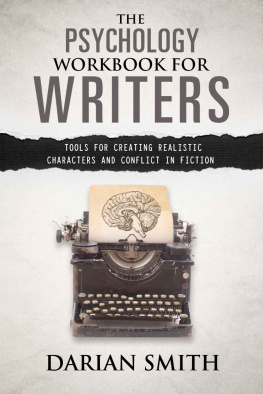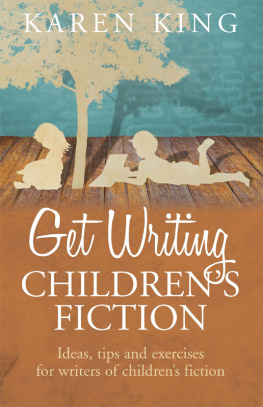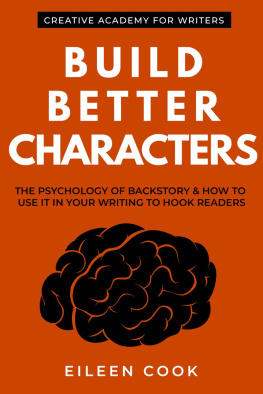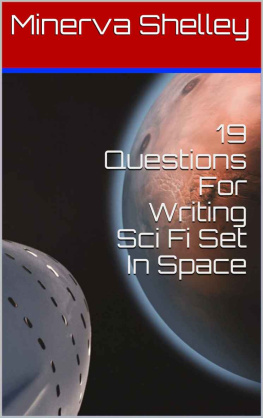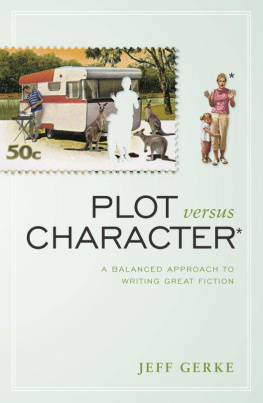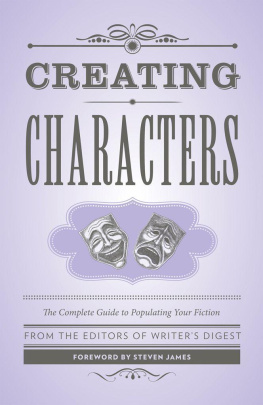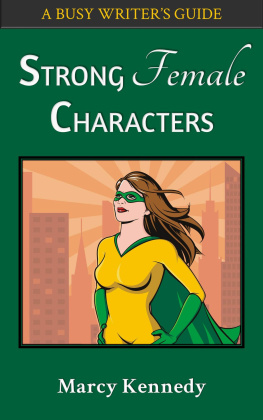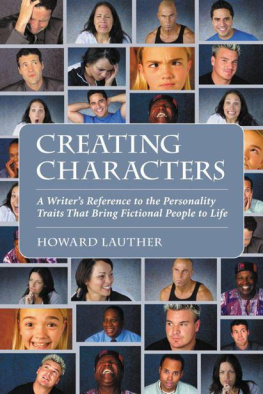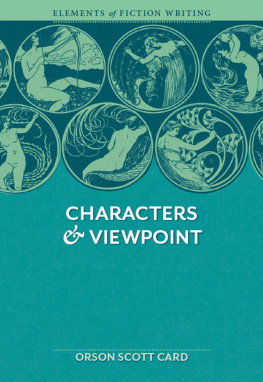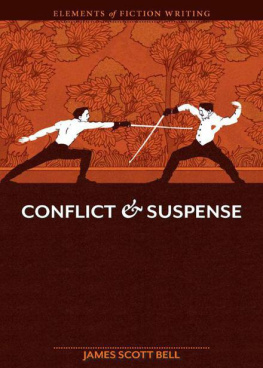All material contained herein is Copyright Darian Smith 2015. All rights reserved.
Introduction
Writing is a form of psychology. Writers the good ones anyway are keen observers of human nature and they capture it in their characters and storytelling. They show the behaviours, the thought processes, and the ways people make meaning out of their experiences and events and turn these into provoking entertainment.
A lot of this is done by instinct or by the gradual build-up of experience and skill. But established psychological theories and counselling ideas can help short cut this process and enable writers to create compelling, well rounded, understandable characters, and interesting stories that make sense to the reader.
My own interest in these two fields and how they might combine started at university where I completed a Bachelor degree with a double major in psychology and English literature. I followed that up with a Diploma in Counselling, became a member of the NZ Association of Counsellors and started up in private practice. I was already writing fiction in my spare time and soon realised that much of the success or failure of a story hangs on the characters it contains. A well rounded character with interesting relationships and complex conflict with other fully developed characters gives a reader something to connect to. It makes them care what happens next.
I started thinking about how to use what I know about psychology to create more believable characters to draw the reader in. I released a novel, Currents of Change, and the reader reviews started saying things like great characterisation the characters are very human and a really fun book to read. It worked!
Ive presented on this topic to writers groups on several occasions and always get a really positive response from the audience. I think because it doesnt take long to see how thinking about these elements adds depth to your characters and, consequently, your story. Realistic characters have internal monologues about themselves and the world around them, they have strengths and weaknesses, history, family dynamics, relationships, personality, conflict styles they have psychology!
In this book, I aim to outline several counselling and psychological theories with a view to how they help writers. These theories help therapists make sense of personality, human interaction, conflict, self-sabotage and more. For your characters to be realistic, they need to contain these attributes just like real people do.
Each chapter will outline a theory or concept as simply as possible. Ill provide examples from literature and movies to demonstrate what is being talked about and two worksheets with questions to help you apply the theory to your own work one to help build your characters and one to help build your story.
But I already know my characters and story! you may say. Great. This will help you drill down into what really makes them tick and add layers to them. It will also help you bring out the elements that you know in new and interesting ways to show your readers.
Even writers with a strong understanding of human nature sometimes find it a challenge to apply that understanding to their writing. By doing this in a conscious process, you will gradually integrate it into your instinctive writing behaviour.
The difference between writers and therapists, of course, is that therapists are working to help clients resolve their issues and writers are creating issues for their characters! This is how they bring conflict into the story.
This book is NOT intended as a self-help book or for therapeutic use. It will condense several years of training into a few pages designed to be useful for a writer, not a therapist. The focus here will be on creating trouble, not fixing it. To summarise: This is for your CHARACTERS, not your friends and family!!
Use as much or as little as you are comfortable with. Most therapists settle on a couple of favourite approaches in the way they work and thats okay for writers too. Some theories cover the same ground but a different path so find the one that suits you best. Use what makes sense to you and throw away the rest.
But try it first. Practise and think about each of these theories and elements. I guarantee they will help add depth to your writing.
Blame the Parents
The Theory
Tell me about your mother said in a Sigmund Freud accent, this is the second most clichd quote from therapists. (Beaten only by And how does that make you feel?)
Psychology has a bit of a reputation for blaming parents for things. Its a little unfair, but theres some truth to it. Human beings learn much of their understanding of the world and how it works well before their brains are developed enough to objectively evaluate what theyre learning. That means the influences of our early years have a huge impact on how we behave later in life. Parents and other authority figures, both intentionally and unintentionally, contribute hugely significant messages to our developing brains.
So while a therapist will be quick to point out that its not actually about blame, but about identifying the root cause of an issue so the adult self can assess those early messages and beliefs with more rational logic, as a writer, its important for us to understand the kinds of early messages our characters were given so that we understand how they operate in the now of the story were telling.
So what kinds of messages are there? The counselling theory known as Transactional Analysis has handily split these into two types: Injunctions and Drivers (listed in TA Today , Ian Stewart, Vann Joines).
Injunctions are the Dont messages. On a subconscious level, they tell your character that theyre not an okay person because theyre not allowed to do or be these particular things. These messages are rarely given intentionally but usually picked up through behavioural cues and absorbed into the subconscious. Theyre a great source of insecurity for a character. They include:
Dont feel
E.g. Dont cry. Dont have emotions or keep them to yourself if you do.
Dont belong
E.g. Putting down roots is a bad idea. Youre a loner and you dont belong anywhere.
Dont be you
E.g. Who you are isnt good enough and is wrong. You should be more sporty/academic/quiet/straight.
You should be like your brother.
Dont think
E.g. Boys dont like smart girls. If I want your opinion Ill ask for it. Smarty-pants.
Dont exist
E.g. My life was great before I had kids. I had to give up my career to have you.
Dont be close
E.g. You shouldnt get attached. People hurt you or youll hurt them.
Dont grow up
E.g. Children are cute, its a pity they have to turn into teenagers.
Dont be important
E.g. Stop trying to get attention.
Dont be well
E.g. I feel good when Im looking after you.
Dont make it
E.g. Nobody in this family does anything worthwhile. Dont get too big for your boots.
Dont be a child
E.g. You need to be the adult and look after me.
Drivers, on the other hand, are more positive messages and often given intentionally. They are the messages that drive us to achieve and tell us we are okay as long as we follow their advice. These messages can become problematic if they are absolutes. This can mean we only feel good about ourselves as long as we can fulfil the Drivers command. They include:
Try hard

